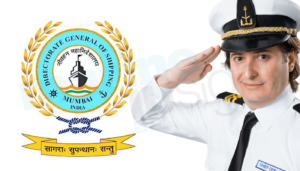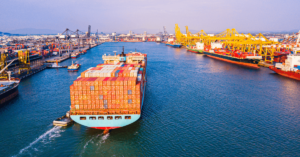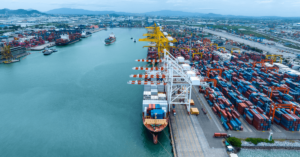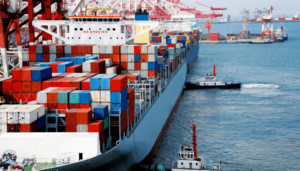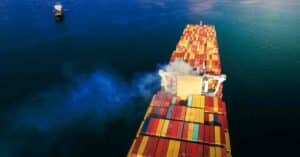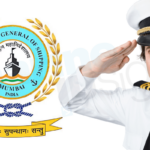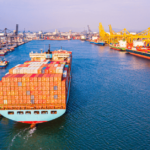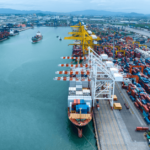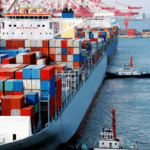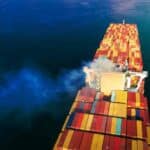The Marine Environment Protection Committee (MEPC) at a Glance
In order to ensure that a proactive stance is taken by in order to protect and safeguard the interests of the marine environment and ecosystem, the IMO has established the Marine Environment Protection Committee (MEPC). The IMO MEPC convenes every nine months over a five-day period to discuss and come to a consensus about the most pressing matters in terms of marine environment protection.
So far, there have been 62 such agendas or conventions that have convened so far – the latest one taking place during 11th -15th July, 2011. Mentioned below is a list of some of the main issues discussed in these meetings, which will seek to provide an insight into the working of the MEPC.
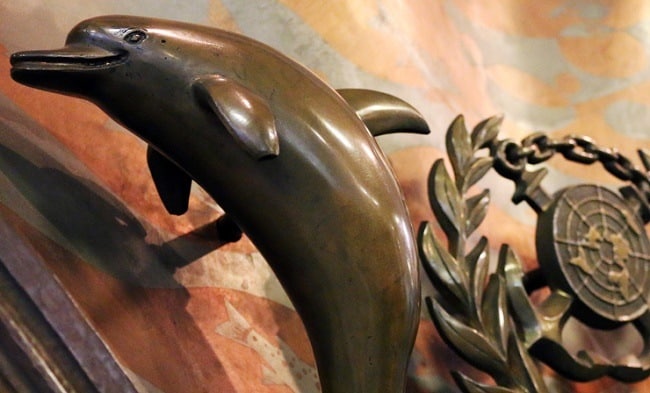
IMO MEPC Overview:
- The committee seeks to provide a solution for the problem of air pollution caused by the constant and heavy traffic of ships in the oceanic areas
- The committee in its sessions also seeks to provide required revisions to the existing MARPOL stipulations and guidelines
- The creation and enforcement of PSSAs (Particularly Sensitive Sea Areas) and other special oceanic zones is also an area that is looked into by the environment protection organisation
- The committee sessions also pertain to the environmentally safe and sound methods of ship reprocessing
- Since the ballast water in tanks leads to the proliferation of invasive marine organisms, the committee sessions also looks into matter of solving this problem of damaging organisms. The GloBallast program was created as an effective management program for solve the problems arising due to ballast water discharging
- The sessions also deal with the greenhouse reduction aspects from ships
- The agendas of the MEPC deal with issues pertaining to the shortcomings of the port response facilities. By monitoring the drawbacks and shortcomings the committee is able to provide a better response facility management
- The agendas of the IMO marine environment protection committee also extend to the execution of the convention of the OPRC (Oil Pollution Preparedness Response and Co-operation)
The continuity of the MEPC reflects the success of the marine protection organisation and the overall initiative of the IMO. It is only with steps like these that marine environment protection can be enhanced without stopping any of the existing marine operations.
Do you have info to share with us ? Suggest a correction
About Author
Marine Insight News Network is a premier source for up-to-date, comprehensive, and insightful coverage of the maritime industry. Dedicated to offering the latest news, trends, and analyses in shipping, marine technology, regulations, and global maritime affairs, Marine Insight News Network prides itself on delivering accurate, engaging, and relevant information.

About Author
Marine Insight News Network is a premier source for up-to-date, comprehensive, and insightful coverage of the maritime industry. Dedicated to offering the latest news, trends, and analyses in shipping, marine technology, regulations, and global maritime affairs, Marine Insight News Network prides itself on delivering accurate, engaging, and relevant information.
Latest Maritime law Articles You Would Like:
Latest News
- What is the Purpose of DG Shipping?
- What are Logistics Risks?
- How Port and Terminal Operators Can Control Emissions?
- Minimum Quantity Commitment (MQC) and Liquidated Damages in Container Shipping: Concept and Relevance
- MARPOL (The International Convention for Prevention of Marine Pollution For Ships): The Ultimate Guide
- The Ultimate Shipping Container Dimensions Guide
Subscribe To Our Newsletters
By subscribing, you agree to our Privacy Policy and may receive occasional deal communications; you can unsubscribe anytime.



